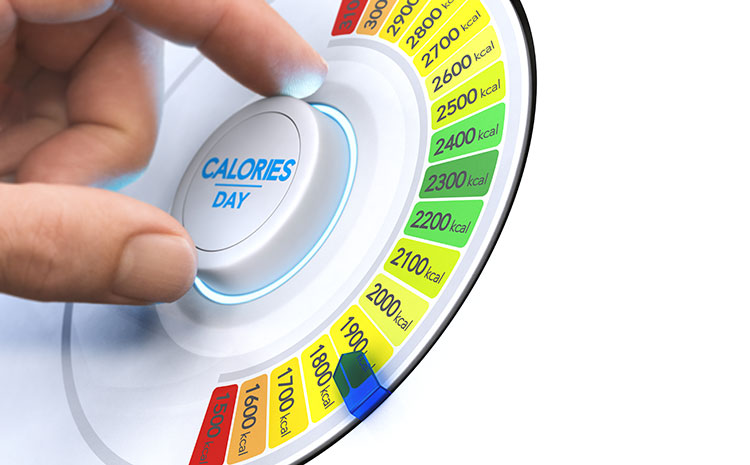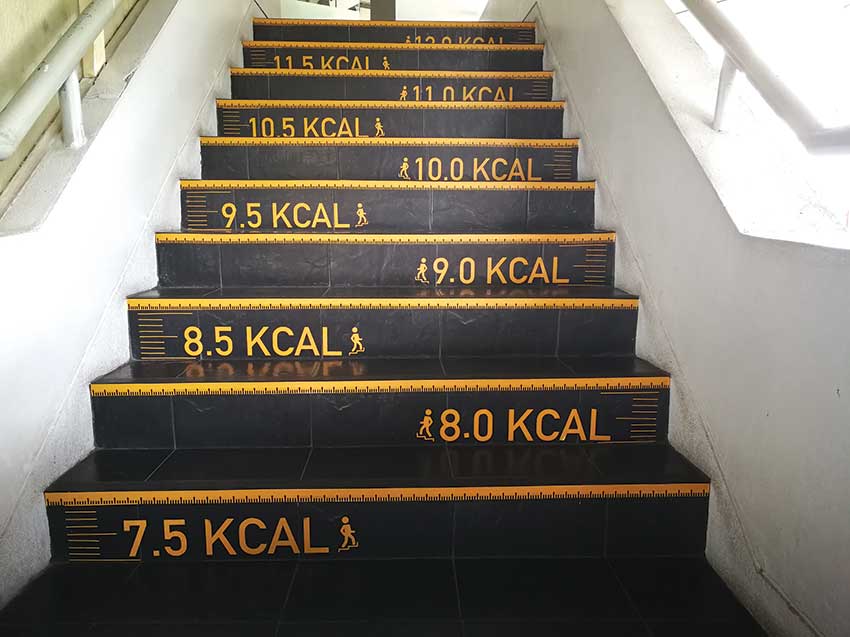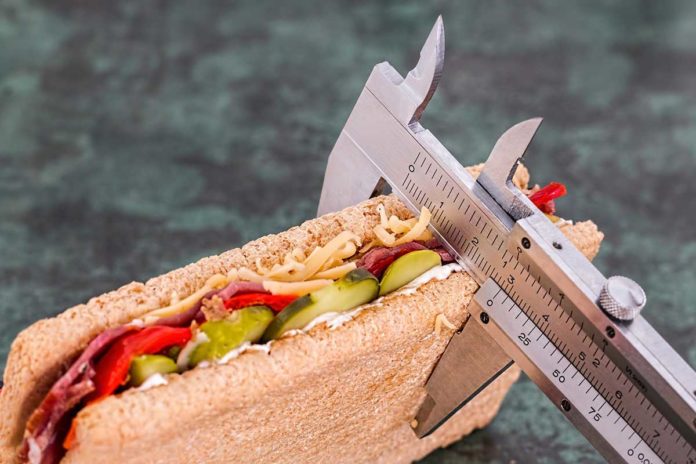Effective weight loss demands that the calorie intake be lower than the calorie expended. While calorie intake can be calculated using food diary analysis as well as tracking calories in every item of food consumed, calorie expenditure is not as easy, as it is dependent on a variety of factors. Most important of which is the BMR or the basal metabolic rate. This rate represents the number of calories that are burned while at rest, owing to the metabolic functions within the body. Generally speaking, this is equal to approximately 25 calories per kilogram of body mass, per day. Another significant factor is the lifestyle followed and the general activity levels undertaken. People who are more active throughout the day are said to expend more calories than inactive person. Additional calories are expended during a workout – how much calorie is expended is dependent on the type of activity, the intensity of the workout and the weight of the participant.
Weight management requires one to balance the calories by subtracting the number of calories expelled from the number of calories consumed. A negative result would indicate a move towards weight loss, while a positive one would lead to a weight increase. Experts estimate that in order to reduce the body mass by one kilogramme, one would have to expend 7000 calories more than the intake. To reduce the daily caloric intake, what is essential is to eliminate sugary food items, which only give ‘empty calories’ – these foods have little nutritional value.

Healthy people, on average, require 2,000 calories per day. However, caloric requirements also depend on age, weight and activity levels, which again differ for men and women. For an effective weight loss strategy, experts recommend a calorie deficit of 500 to 1,000 calories per day, while complementing it with equal calorie expenditure. This can be brought about with diet or with exercise, but for larger gains, it is best to combine both. Exercise will help to maximise the daily calorie expenditure.
As Annika D’Souza, Fitness trainer and co-founder of SISU Fitness Studio in Muscat, maintains, gym access is not a necessity when it comes to weight loss and staying fit. “The most important thing is to know your average calorie consumption and then keep the calorie intake lower than that,” she notes. “There are thousands of home training programmes available for free. To stay motivated, track your progress. Write down the weights you are lifting, the number of reps, your body weight and take progress pictures. Nothing worth having comes easy, and health is definitely something worth having,” she explains.


When choosing a level or range of activity, Annika suggests picking one that you will enjoy doing, whether it is a sport, martial arts or a typical gym session. “That way, it will most probably stay in your life as a hobby, which keeps you fit and you enjoy,” she notes, adding that it should be followed by learning to cook healthy and tasty food. “As long as someone else is making your meals you have no idea what you are putting in your mouth and how much. Remember also to sleep enough. Short sleep not only makes you fatigued for the next day but also increases the risk of diabetes and obesity. Make a rule for yourself – no TV, social media or PS4 after 10 pm,” she states
As she notes, the most important thing in life is health and “that should be motivation enough for everyone to lift their butts up from the couch and start working to stay healthy, strong and functional,” she states, hastening to add that often people wait for their doctor to prescribe that before they do anything about it.

